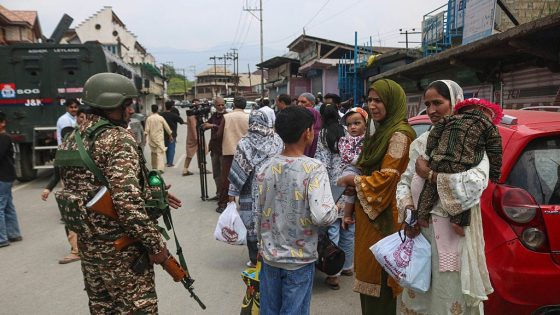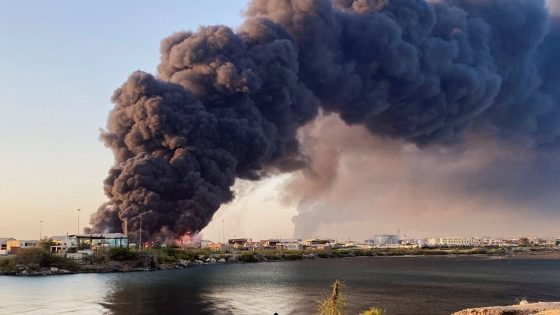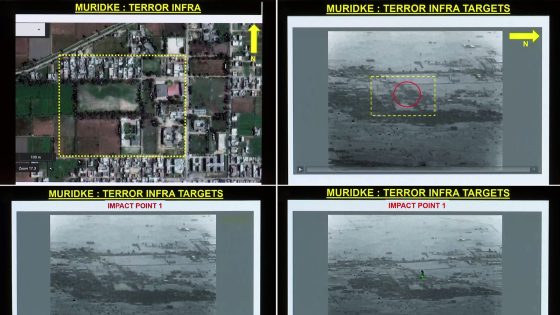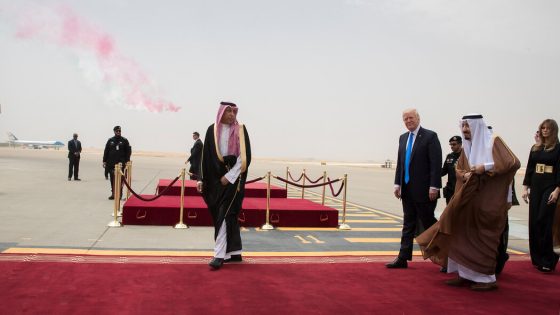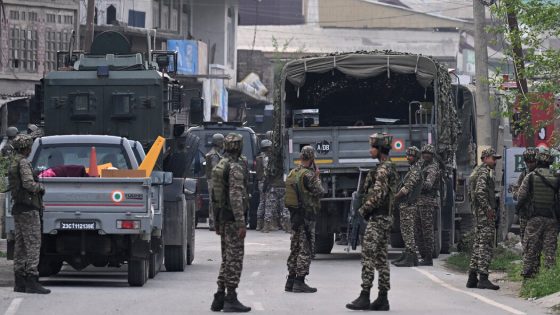The recent exchange of fire between India and Pakistan has escalated tensions in the region, especially following the tragic Islamist massacre of Indian tourists in Kashmir. Given their long-standing rivalry since independence in 1947, the world watches closely as both nations possess nuclear capabilities.
- Recent conflict between India and Pakistan
- Islamist massacre of Indian tourists in Kashmir
- Trump announces fragile ceasefire agreement
- Ongoing accusations of ceasefire violations
- Importance of nuclear weapons in conflict
- Insights from regional experts on situation
On May 12, 2025, President Donald Trump announced a “FULL AND IMMEDIATE CEASEFIRE,” yet the peace remains tenuous. Both countries have reported drone attacks by the other, raising concerns that the fragile truce could collapse at any moment.
This situation may seem distant, but its global implications are significant. To better understand the complexities, we spoke with Matthew Rosenberg, a Pulitzer Prize-winning journalist, and Rupa Subramanya, an Indian writer now based in Ottawa. Their insights shed light on the current crisis and its potential future developments.
Why does this conflict matter to the world? The stakes are incredibly high, with nuclear weapons in play and a history of violence. The situation raises critical questions about stability in South Asia and beyond:
- Can diplomatic efforts effectively prevent future escalations?
- What role will international powers play in mediating this conflict?
- How will the situation impact regional security dynamics?
As the world watches, it’s crucial to advocate for sustained diplomatic dialogue to ensure lasting peace in the region. Will global leaders step up to prevent another crisis?



